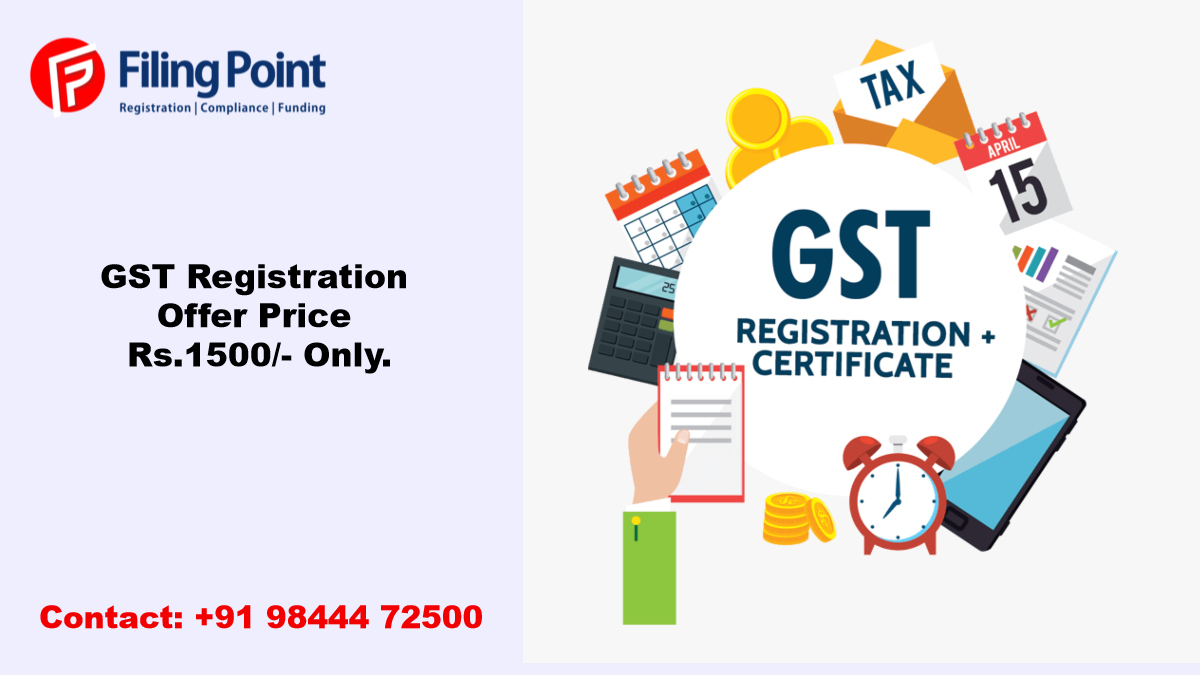Comprehensive Overview to the most effective GST Registration Services in Singapore
Comprehensive Overview to the most effective GST Registration Services in Singapore
Blog Article
From Beginning To End: The Ultimate Roadmap to GST Enrollment for Businesses Seeking Financial Stability
Browsing the complexities of Goods and Solutions Tax Obligation (GST) enrollment is a critical action for businesses pursuing monetary stability. From comprehending the fundamental concepts of GST to abiding by post-registration guidelines, the procedure can appear discouraging initially look. However, damaging down the roadmap into workable actions can simplify the registration trip for organizations wanting to boost their economic standing. Let's explore the essential components that make up this supreme roadmap and discover how each stage adds to laying a strong structure for financial success.
Recognizing GST Basics
Diving into the basic principles of Item and Services Tax (GST) is crucial for getting a comprehensive understanding of its ramifications on organizations and the economy. Input Tax Obligation Credit Scores (ITC) is a substantial attribute of GST, allowing services to assert credit history for tax obligations paid on inputs, decreasing the general tax obligation worry. Understanding the fundamentals of GST is crucial for organizations to abide with tax regulations, manage their funds successfully, and add to the nation's financial development by getting involved in a clear tax obligation system.
Eligibility Criteria for Registration
As of the existing guidelines, the threshold restriction for GST registration is a yearly accumulation turnover of 40 lakhs for services operating within a state, other than for unique group states where the limit is 20 lakhs. Furthermore, particular organizations are called for to sign up for GST regardless of their turnover, such as interstate vendors, casual taxed individuals, and organizations liable to pay tax obligation under the reverse cost mechanism. It is important for services to thoroughly evaluate their turnover and deal kinds to determine their GST registration commitments properly.
Papers Needed for Enrollment
Having met the eligibility standards for GST enrollment, companies should now guarantee they have the requisite documents in place to continue with the enrollment procedure efficiently. The documents required for GST registration usually include proof of service constitution, such as collaboration action, enrollment certification, or incorporation certificate for different kinds of organizations. Furthermore, companies need to provide documents establishing the major place of organization, such as a rental agreement or power costs.
Step-by-Step Registration Refine
Starting the GST enrollment process includes a collection of structured actions to make sure a certified and smooth registration for organizations. The initial step is to visit the GST portal and fill in the enrollment kind with precise information of business entity. Following this, the candidate obtains a Short-term Reference Number (TRN) which is utilized to return to the application procedure if it's not completed in one go.
Following, all required papers based on the checklist provided by the GST portal requirement to be posted. These papers generally include proof of business enrollment, address and identity evidence of marketers, financial statements, and service entity's PAN card.

Post-Registration Compliance Guidelines

Final Thought
Finally, businesses seeking economic stability has to recognize the fundamentals of GST, fulfill qualification requirements, gather essential records, follow the detailed enrollment process, and follow post-registration guidelines - Best GST registration services in Singapore. By adhering to these steps, companies can make sure conformity with tax obligation policies and keep financial stability in the lengthy run
Furthermore, particular businesses are needed to sign up for GST irrespective of their turn over, such as interstate suppliers, casual taxed individuals, and businesses responsible to pay tax obligation under the reverse cost mechanism.Having actually met the eligibility standards for GST registration, organizations should my latest blog post currently ensure they have the requisite documents in area to proceed with the enrollment procedure successfully. The documents needed for GST registration typically consist of proof of business constitution, such as collaboration deed, registration certificate, or unification certification for various types of businesses. Furthermore, companies need to provide documents establishing the major area of business, such as a rental contract or electrical energy costs.Starting the GST enrollment procedure involves a series of organized actions to make sure a smooth and compliant registration for companies.
Report this page